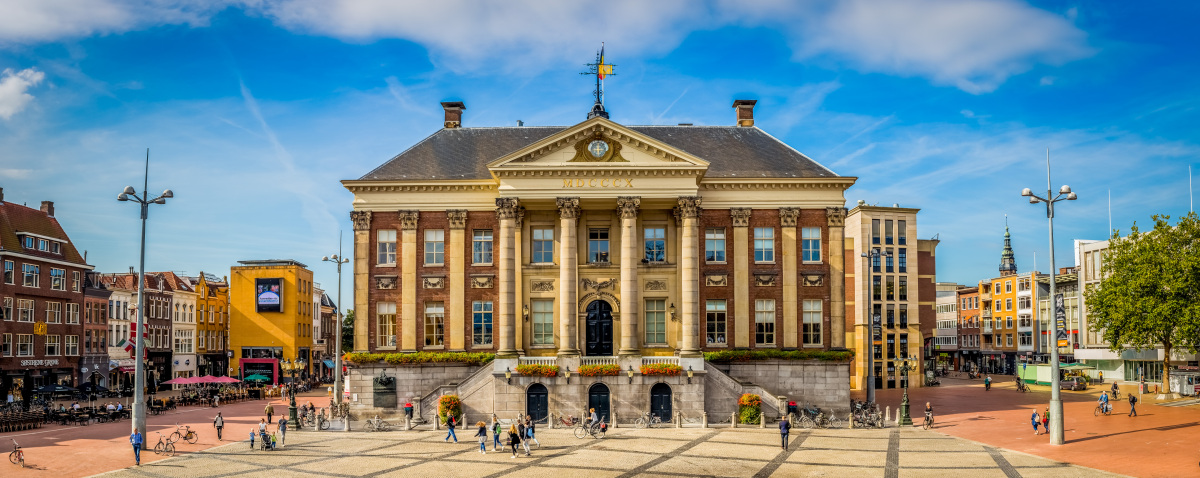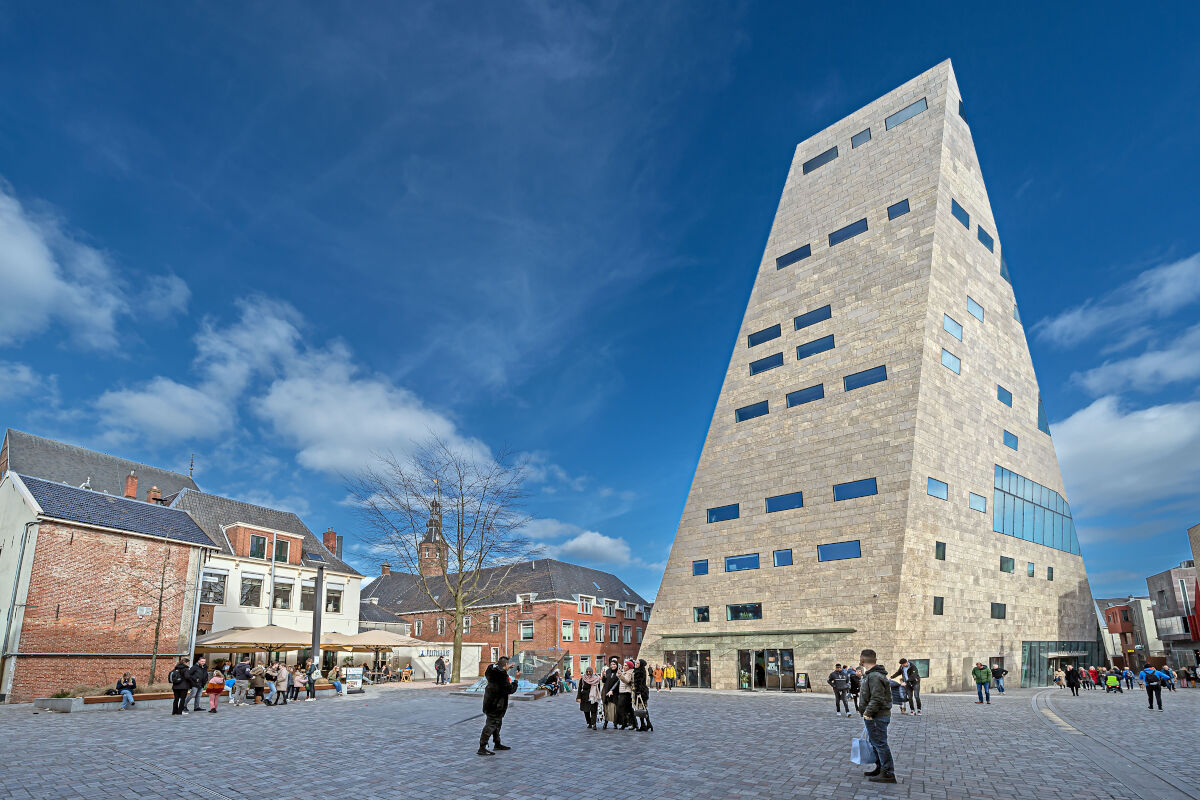In this interview we speak with Fred Stol and Marjon de Bie-Weidgraaf, strategic advisors democratic renewal and participation at the municipality of Groningen. Groningen is the lead partner in the Speak Up project. The governance objective of Speak Up fits perfectly with the goals of improving the internal collaboration of all participation experts and developing a new policy framework.
Can you tell us something about yourself and your organisation?
The municipality of Groningen is proud of its diverse portfolio of democratic experiments, such as the "Cooperative Neighbourhood Council" and "Wijkbedrijf Selwerd," which empower residents and challenge traditional governance paradigms. In doing so, we have developed the so-called "Groninger Model," in which we consult with residents about how much influence and say they want in shaping their living environment.
We want to make sure that citizens have a real say in decisions that affect them and that our actions reflect our words.
Fred works as a strategic advisor, offering support and guidance to the executive team. When it comes to participatory processes, his motto is: "Let's not just talk, but do it together’’, meaning that we can get more done by involving citizens in processes as much as possible, rather than just talking about including them. As a strategic advisor, he knows what is going on in society when issues arise and he evaluates democratic renewal experiments, such as the Cooperative Neighbourhood Council, to bridge the gap between government and citizens. As a former politician and organisational advisor, he also tries to better incorporate participation in the municipal organisation.
Marjon also works as a strategic advisor and has a background in organisational management and finance. Recently venturing into the world of participation, she is excited about the prospect of boosting citizen involvement and works on the new policy framework for Groningen.
What inspired your organisation to join the Speak Up project, and what do you want to achieve through your participation in this project?
Our motivation stems from our commitment to increase the say of citizens and to incorporate participation into the organisation. We have a lot of experience in this field and we would like to focus on improving the governance of our organisation. With Speak Up, we aim to kickstart this conversation in our organisation and learn from others about how to implement participation initiatives effectively. Another way to improve the governance of our organisation is by working on capacity building, a topic we would like to collaborate on with other partners within the project. Our goal regarding citizen involvement is to reflect on past participation initiatives in order to learn from them and identify areas for improvement. We want to make sure that citizens have a real say in decisions that affect them and that our actions reflect our words.

What are your expectations of participating in the Speak Up project?
Our expectations for Speak Up are quite high. We know that we are not alone in facing the challenges of citizen engagement. We see a trend of a decline in trust, widening the gap between the ‘’system world’’ and the ‘’life world’’. Through collaboration with partners in the project, we aim to address these issues collectively. It is also a great opportunity to learn from the experiences of other countries, organisations, and cultures and see how they tackle similar challenges.
We see a trend of a decline in trust, widening the gap between the ‘’system world’’ and the ‘’life world’’. Through collaboration with partners in the project, we aim to address these issues collectively.
What is a citizen engagement initiative that your organisation is proud of?
One initiative we are particularly proud of is the “Sterk Hoogkerk” citizens budget. Residents of Hoogkerk (a Groningen neighbourhood) and surrounding neighbourhoods receive an annual budget from the municipality of Groningen that they may spend together. With this citizen budget, residents think, talk and decide on projects that make their own living environment more beautiful.
We are also proud of the "Stem van Groningen," an online open-source platform that can be used for many forms of citizen participation purposes. Nice detail is that this platform was build during one of the former Interreg projects that Groningen has led (the “Like project”).
Lastly, our place-based working approach through “Gebiedsteams” (place-based teams) ensures tailored solutions for each neighbourhood. These teams know exactly what is at play in a neighbourhood and how to best approach the citizens, preventing participation fatigue.
Could you share any upcoming initiatives or events related to Speak Up that your organisation is currently working on?
Currently, we are on the brink of a significant cultural shift in how we approach participation. We realize that internal alignment in the municipality is key to a consistent approach on citizen engagement. Therefore, we are now working on one overarching participation policy where all stakeholders have the same image and language. This is also necessary because several laws have been passed in the Netherlands (in Dutch: ‘’Omgevingswet’’, ‘’Wet participatie op decentraal niveau’’) that make participation mandatory. Securing participation in the organisation requires a new implementation plan for the coming years, incorporating all lessons from the past. This is an important step for us.
We are eager to move from policy to evaluation and further developing our participation policies, using the insights gained through Speak Up to evaluate and enhance our already existing participatory practices.

